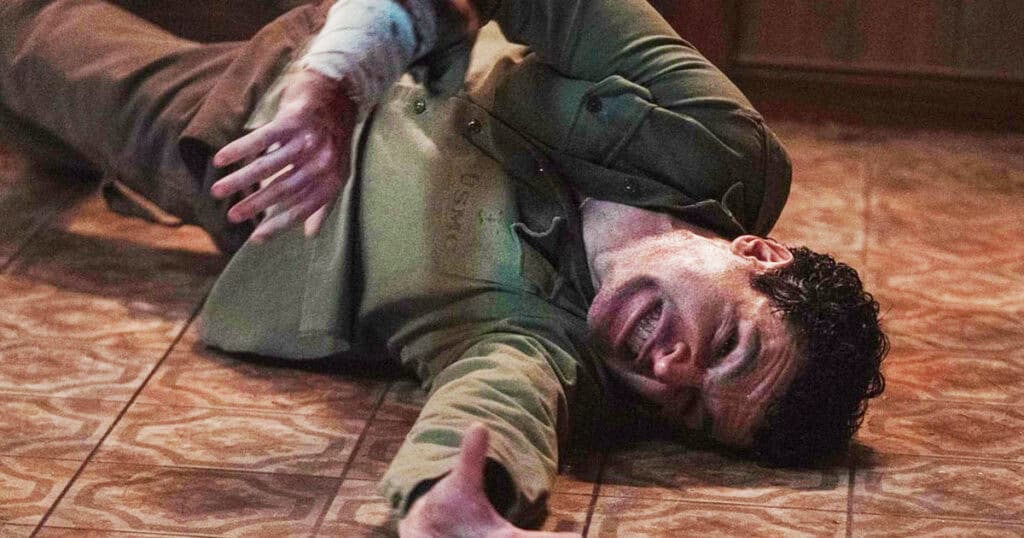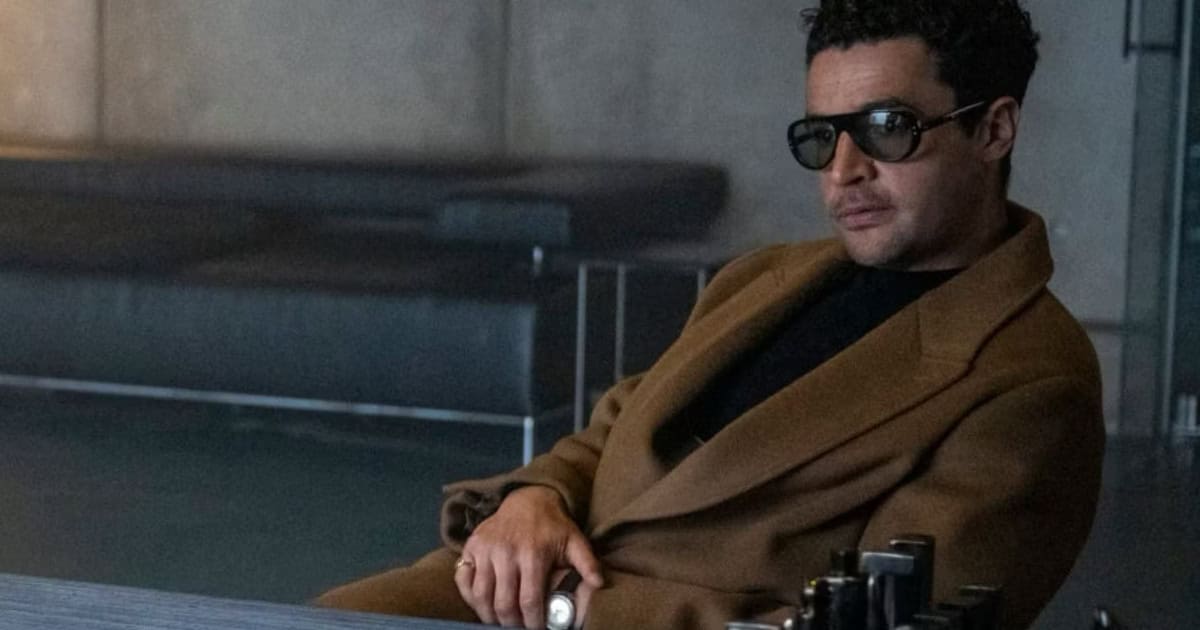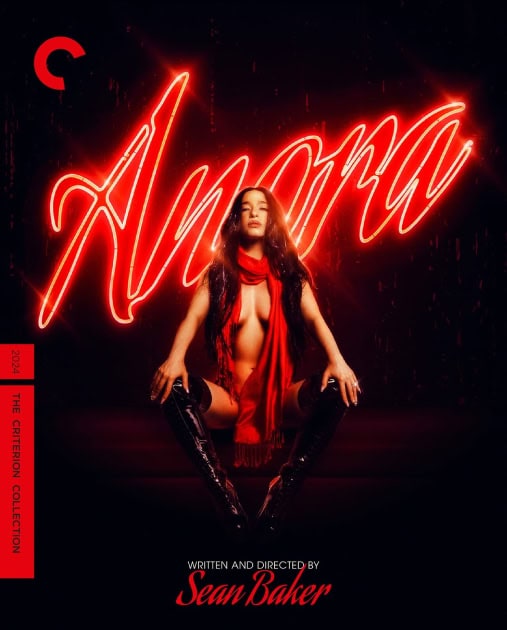

Blumhouse has had a lot of success opening horror movies in January. M3GAN was a blockbuster, as was Leigh Whannel’s The Invisible Man, and this year, they’ve got another horror flick that seems bound for a number-one finish. Indeed, Wolf Man, which also comes from Whannell, was initially one of the most anticipated horror titles of 2025. However, in recent weeks, the buzz around the film has cooled, with poor reactions to the movie’s new werewolf designs, and mixed reviews that revealed the film lacks scares and does away with a lot of the classic character’s lore.
Even still, the movie is set to dominate the box office, although its opening seems to be more in line with last year’s Night Swim ($12 million) than either M3GAN ($30.4 million) or The Invisible Man ($28 million). As such, I’m expecting Wolf Man will open with about $17 million, which, given its rumoured $25 million budget, will no doubt make it quite profitable for Universal and Blumhouse.
Last week’s champ, Den of Thieves 2: Pantera, should slide into second place with about $9 million, which would help drive it to a final tally in line with the $44 million the original made. Of course, Mufasa: The Lion King, could overtake it and finish in second place, although I’m thinking it will hit about $7 million this weekend. The Keke Palmer/ SZA vehicle, One of Them Days, should slide into fourth place with about $5 million, while Nosferatu should be right behind it with $4 million as it closes in on $100 million domestically. Expanding Oscar films, including The Brutalist and September 5 should have solid runs that will put them on the bottom half of the chart.
Overall, this seems to be relatively quiet given that it’s a holiday weekend (Monday is Martin Luther King Day) so it’s possible that if Wolf Man underperforms, one of the Christmas holdovers, like A Complete Unknown or Nosferatu might get a surprising boost at the box office. We’ll keep you posted as the weekend goes on!
Our Predictions:
- Wolf Man: $17 Million
- Den of Thieves 2: Pantera: $9 million
- Mufasa: The Lion King: $7 million
- One of Them Days: $5 million
- Nosferatu: $4 million
The post Box Office Predictions: Wolf Man to have a howlingly good opening appeared first on JoBlo.





